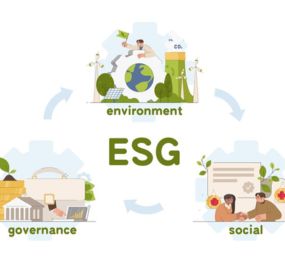The globalized economy has interconnected businesses across the world, including Africa. As supply chains extend across continents, ensuring ethical business practices and fair labor standards becomes increasingly important. In Africa, where labor rights and working conditions can be challenging, ethical business practices play a crucial role in promoting social justice and economic development.
Challenges Faced by African Workers
African workers often face a range of challenges, including:
- Low wages: Many workers, particularly in the informal sector, earn wages below the poverty line.
- Unsafe working conditions: Poor working conditions, including long hours, hazardous environments, and lack of safety equipment, are common in many industries.
- Lack of job security: Many workers lack job security and are vulnerable to arbitrary dismissal and wage theft.
- Discrimination and harassment: Discrimination based on gender, age, or ethnicity is a persistent problem in many African workplaces.
- Child labor: Child labor continues to be a significant issue in some sectors, particularly agriculture and mining.
Ethical Business Practices and Fair Labor Standards
To address these challenges, companies operating in Africa must commit to ethical business practices and fair labor standards. This includes:
- Respecting Labor Rights: Adhering to international labor standards, such as those set by the International Labour Organization (ILO), and ensuring that workers' rights are protected.
- Paying Fair Wages: Paying fair wages that meet workers' basic needs and comply with local labor laws.
- Ensuring Safe Working Conditions: Providing safe and healthy working environments, including adequate ventilation, lighting, and safety equipment.
- Preventing Child Labor: Implementing policies and procedures to prevent child labor and protect the rights of young workers.
- Promoting Diversity and Inclusion: Creating a workplace culture that values diversity and inclusion, and ensuring equal opportunities for all employees.
- Supply Chain Transparency: Ensuring transparency and ethical practices throughout the supply chain, including monitoring and auditing suppliers.
- Worker Empowerment: Empowering workers through training, education, and collective bargaining to improve their skills and advocate for their rights.
By adopting ethical business practices, companies can contribute to improving working conditions, reducing poverty, and promoting sustainable development in Africa. It is essential to remember that ethical business practices are not just a moral imperative but also a strategic business decision that can enhance a company's reputation, attract customers, and drive long-term success.
To register or learn more about the Forum please check here: https://www.leadventgrp.com/events/esg-and-climate-africa-summit/details
For more information and group participation, contact us: [email protected]
















